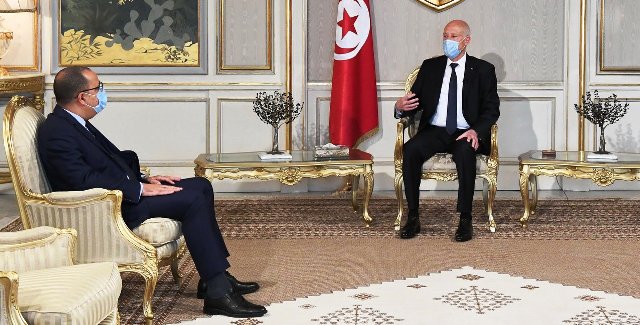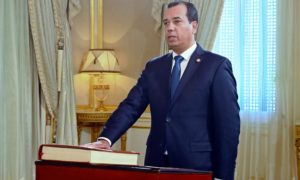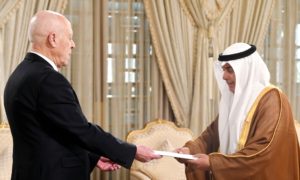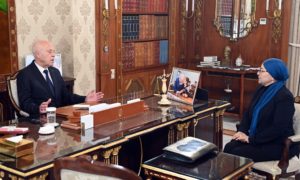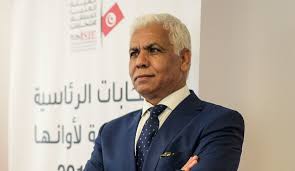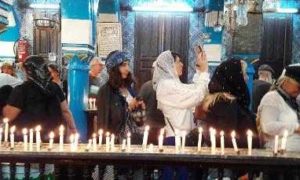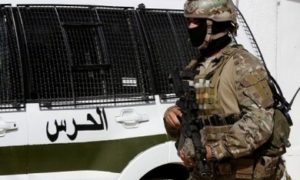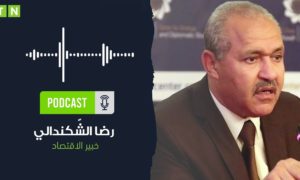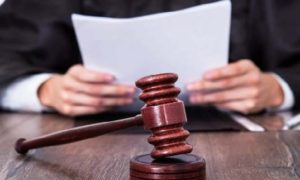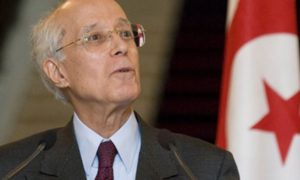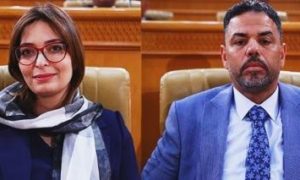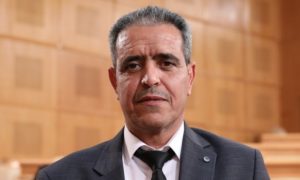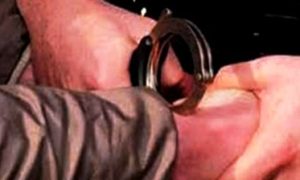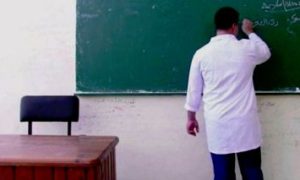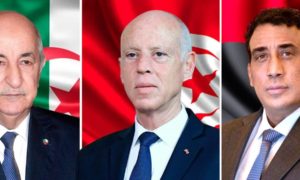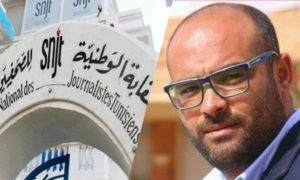Many observers considered the meeting of the President of the Republic, Kaïs Saïed, with prime minister Hichem Mechichi, this afternoon, in the attendance of the Minister of National Defense, a start of the resolution of the crisis which confronts the two heads of the executive. These observers raised their impression on the nature of the speech, not too tense nor aggressive, and on the mimicry, even, of the president, who, for once, talked calmly, without too much nervousness and without entering into his set of threats and missiles on their launching bases.
What if we attempted to evaluate the interview process a bit:
– The president was interested, in the commencement, in the contents of the deals reached with the Libyan authorities. Which appeared legitimate, as long as he is due to welcome his Libyan counterpart in two days. But when we understand that all the talks and all the negotiations that took place in Libya, were in the presence of the Secretary of State and the Ambassador. Nevertheless, the latter has the role of rapporteur for the meetings. And he sent his reports as required, almost in real-time. So Saïed knew what had been achieved and did not have to request the prime minister. Although we see that he is perpetually wrong about the boundaries of prerogatives when he considers that international cooperation agreements are part of diplomacy, and consequently, its among his prerogatives.
– He later broached the topic of the famous document in relationship with his supposed coup attempt, when he persuaded him that it was about doing his job, not a coup d’etat. When you capture criminals and attempt to restore the rule of law, it is not a coup d’etat, he said. And when we speak about a constitutional coup, it makes no sense, since a coup d’etat is illegal, and it cannot be constitutionally based in any way.
– Afterwards, Saïed, in a way, reproached Mechichi for not having desired to apply the law, and fulfil the arrest warrants concerning certainly wanted deputies, or for not having issued warrants against deputies pursued by the law. While these prerogatives are the responsibility of the judiciary, the judicial council, or the office of the parliament, and not those of the presidency of the government. Another problem of uncertainty of the delimitations of prerogatives.
All in all, it is hard to compare this interview with the start of reconciliation, since Saïed took the chance to respond, to the citizens, to the accusations of an attempted coup and he attempted to take on a more laid back attitude than usual, and take everyone as a witness to refute those who accuse him of too much rigidity and an absolute will to crush everything and block everything. Didn’t he, further, try to set Mechichi in the box of the culprit, by letting it be understood that it is he who blocks everything, and, in particular, the good application of the law, and the fight against Corruption?
What's happening in Tunisia?
Subscribe to our Youtube channel for updates.



